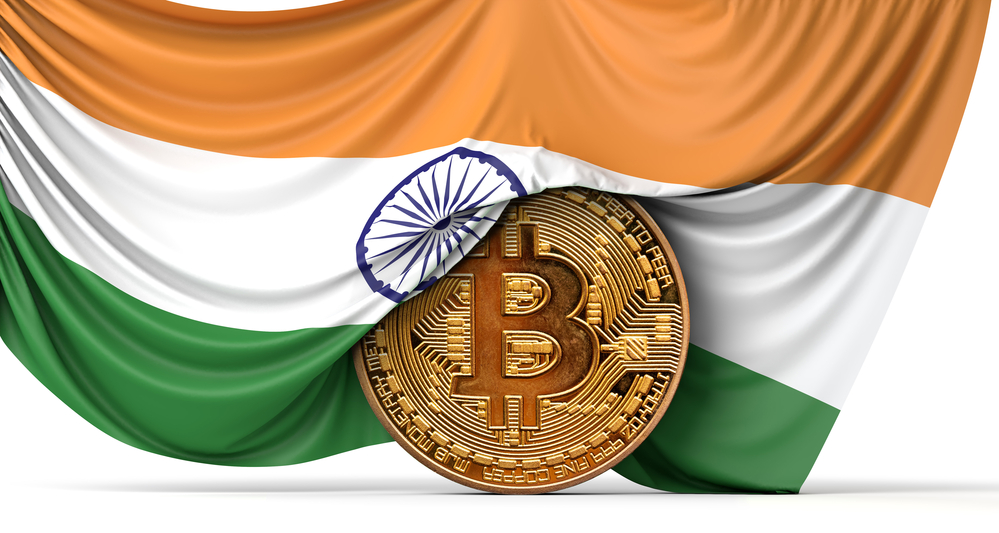Indian Government Insists On 1 TDS On Virtual Assets

Author: Jeffrey Taylor
Last Updated: 10 June 2022

Earlier in this year, the government of India put in place a new regulation that provides about 30% tax returns on all cryptocurrency activities and 0.1% Tax Deduction at Source (TDS). However, in the early days of the week, the website on which the tax deduction was to be implemented, crashed. This led to a huge sigh of relief amongst crypto investors and traders alike – including those engaging with crypto trading bots like eToro.
Sadly, the relief was short lived for Indian crypto exchanges as the Income Tax portal was recently updated in the early hours of thursday 9th of June 2022. The portal updated its document on Tax Deduction at Source (TDS), restoring the TDS on Virtual Digital Assets (VDAs) to 1 percent.
Was This A Glitch?
The website earlier mentioned that the TDS rate for virtual digital assets has been dropped to 0.1% from 1% as announced earlier in the budget. However, after the change was noticed by many the website updated the document rectifying the error.
This drew mixed responses from the industry, while some welcomed the change, others suspected it to be an error on the website.
The website had also added that no tax will be applicable, if the aggregate value does not exceed Rs. 10,000 during the financial year and Rs. 50,000 during the financial year, which remains unchanged.
The 1% TDS is set to be applicable starting from the first day of July 2022. This has – speculatively – been the key reason for a drastic drop in volumes on Indian crypto exchanges, now worsened by the global crypto crash.
How Exactly Does This Affect The Crypto Industry?
The industry has been in talks with the government for months now regarding the 30% tax and additional 1% TDS. Experts have been strongly criticizing the move as it was seen as a major deterrent for those involved in crypto trading.
The TDS has been seen as a burden for both, the customer as well as the government, as it involves seeking a tax refund at the end of the financial year for each time the TDS has been deducted.
This move comes at a time when the crypto industry is facing dwindling transaction volumes for the last two months. Starting April, Indian exchanges saw a significant drop with 30% tax being implemented, this sank transaction volumes further by 55% and dropped domain traffic by a staggering 40% just after two days of this new tax regulation being implemented.
The entire industry has been facing a bearish market after it has gone into a freefall and experts say that this bear market will last for 12-18 months more. Further, some banks including Kotak Mahindra Bank have withdrawn support from crypto exchanges, leading to a reduction in payment method options on platforms. This was a domino effect after US crypto exchange Coinbase was forced to hold off from having the Unified Payments Interface (UPI) on its platform.
Credible sources have actually reported that the move by banks and the National Payments Corporation of India which operates UPI was more out of disquiet arising from Coinbase’s public announcement.
Conclusively, the crypto industry may not actually be in a good place right now – especially – India. However, the industry is looking to have a dialogue with the Government to avoid further strain on the average investor, as the Goods and Services Tax (GST) Council may put cryptocurrencies and related services under the 30% tax slab.
BWCEvent aspires to share balanced and credible details on cryptocurrency, finance, trading, and stocks. Yet, we refrain from giving financial suggestions, urging users to engage in personal research and meticulous verification.


